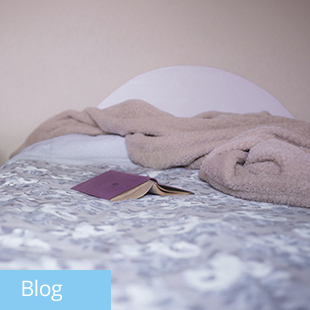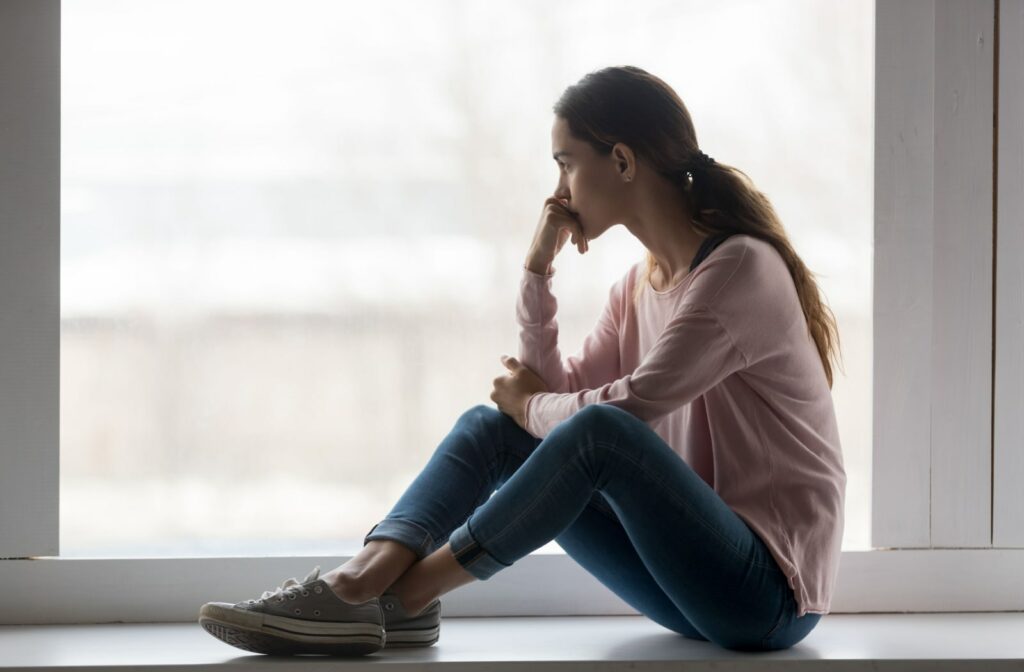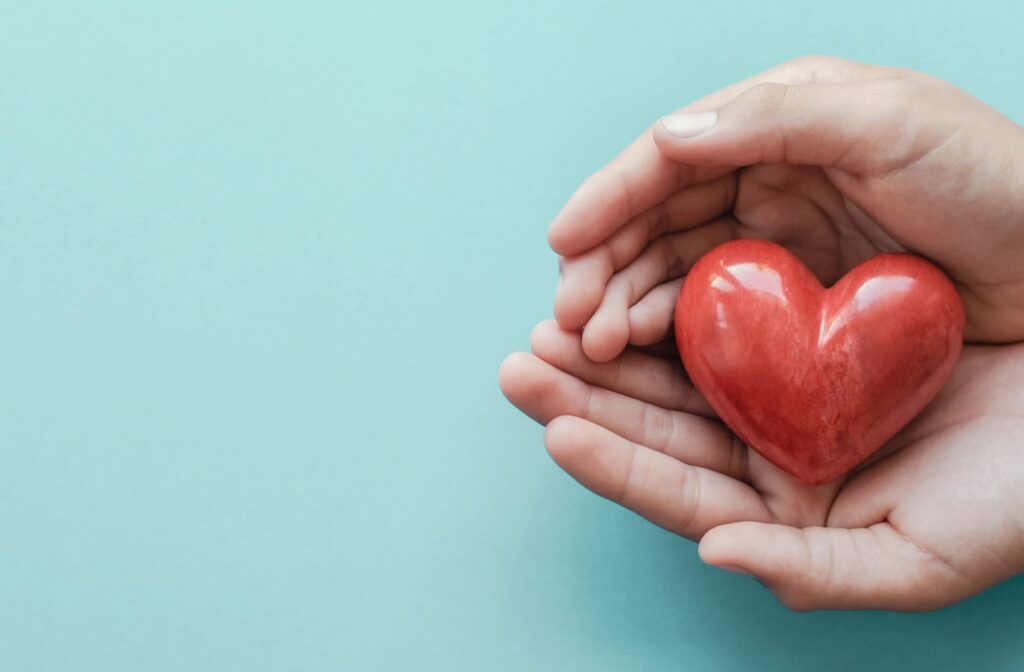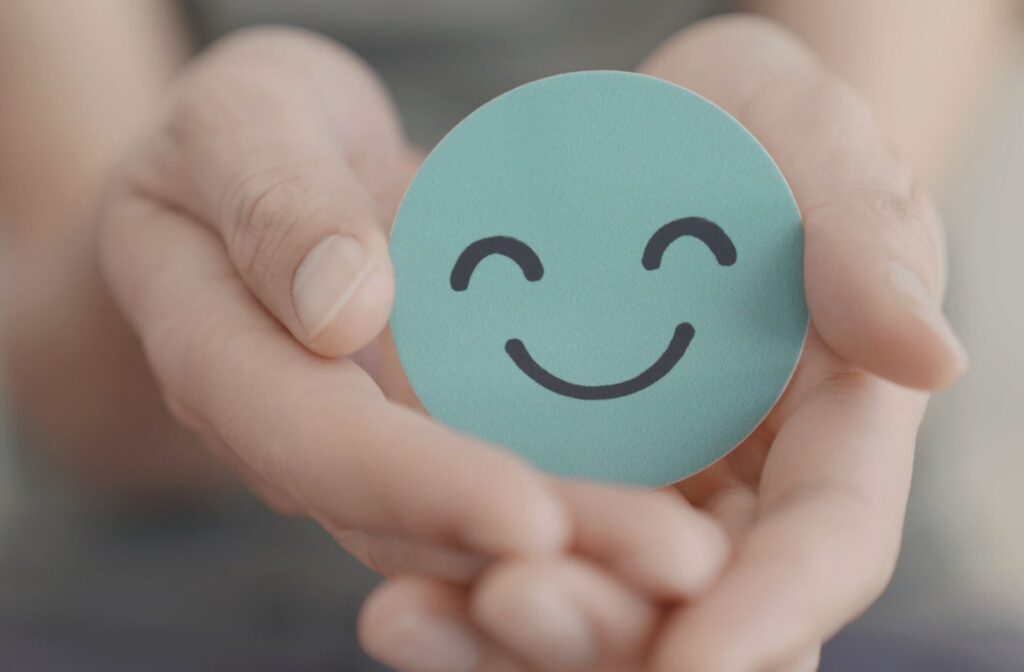Author: August Clarke
If you’re like me and struggle with insomnia, then you know how frustrating it can be when you are trying to get to bed and just can’t get your eyes to shut. Especially when you have an important test or competition or event coming up the next day. The thing is, sleep is really important. Getting a good night’s sleep improves my mood significantly the next day.
But how can you get a good sleep?
The following are some scientifically proven tips (as provided by my psychology professor) to help you hit the pillow.
1. Don’t oversleep!
A lot of teenagers (myself included) are guilty of this. I’m used to getting up pretty early for track practise or class during the week so sometimes on the weekends I’ll sleep in really late just to “catch up.” Apparently, this is actually really bad. If you oversleep on weekends, you can actually make it harder to fall asleep during the week, which just disrupts your sleep cycle even more. It’s a good idea to try to get up at a reasonable time everyday. Sleep as much as you need, but not more.
2. Avoid electronics
You might have heard this tip before. An hour before you go to bed, put the phone and laptop away. This can be hard to do sometimes but try to avoid looking at screens with blue-light before bed as much as you can. Try reading a book before bed instead.
3. Participate in daily exercise.
You don’t have to participate in heavy exercise every day but according to my psychology professor, even light exercise (such as going for a walk) has been proven to improve sleep. If there’s one night in particular you really need to get a good sleep, consider hitting the gym that day!
4. Make sure you’re not too hot (or cold)
It’s really hard to sleep when you are uncomfortable. If you find you are too hot, shed that top blanket, change into cooler layers, or pop open a window. All of these things can help you to cool down. On the other hand, sleeping when you’re too cold isn’t fun either. In that case, don’t be afraid to get out of bed and search for another blanket or an extra layer.
5. Have something warm
Run a hot bath. Drink some (uncaffeinated) tea. These things not only help you relax before bed but also reset the part of your body that regulates your body temperature, which can help you feel more comfortable.
6. Don’t go to bed hungry!
Lots of people might say that you shouldn’t eat before bed, but if your stomach is grumbling as you are trying to hit the sack, odds are all you’re going to be thinking about is what you want to eat for breakfast the next morning. Having a light snack to satisfy those hunger pangs can help you fall asleep faster. Just make sure you don’t eat anything too heavy or with too much sugar.
7. Do something different
If you have been tossing and turning for three hours and sleep still doesn’t seem like it’s going to come anytime soon, you’re probably not going to be any more successful by laying in the same position. Try getting out of bed—go get a glass of water, read a chapter of a book, listen to a song—then see if you have better luck falling asleep. According to my psychology prof, sometimes all we need to beat insomnia is to reset the “pattern”.
That’s it for tips for this blog post. Hopefully you can get some use out of them and have a better rest tonight when you go to bed!
























